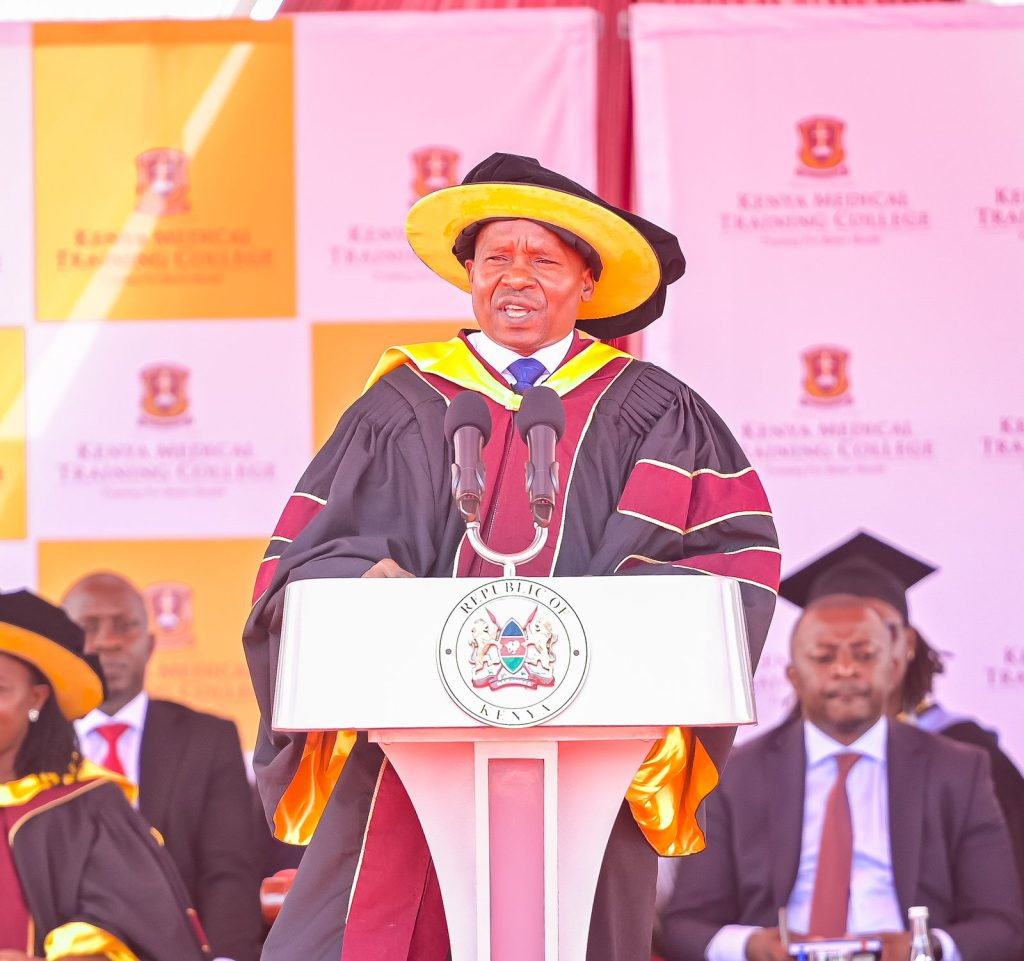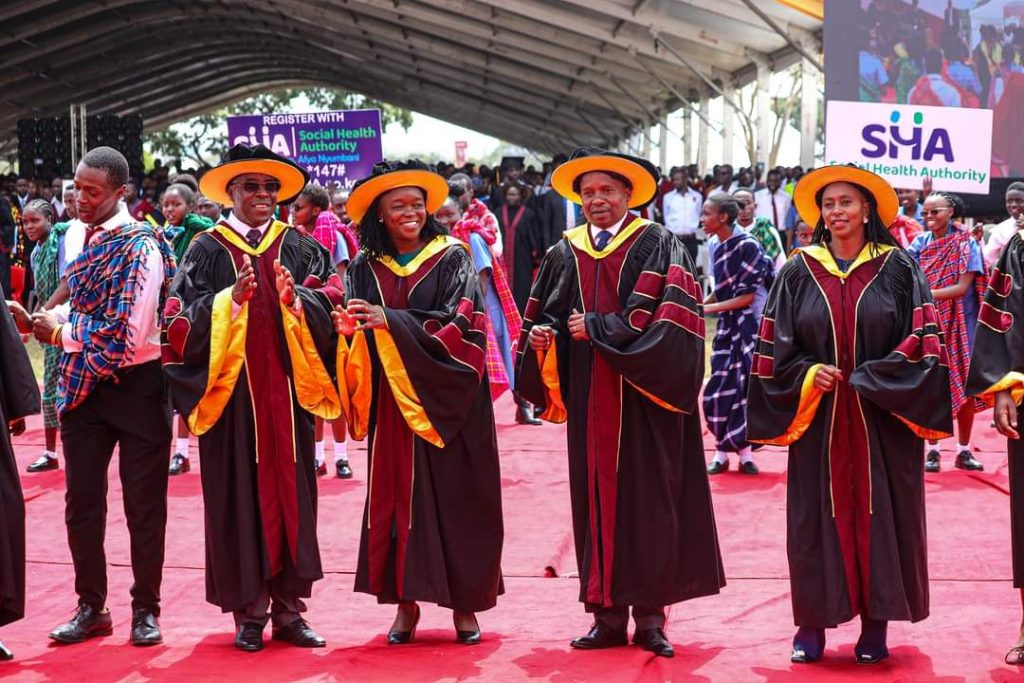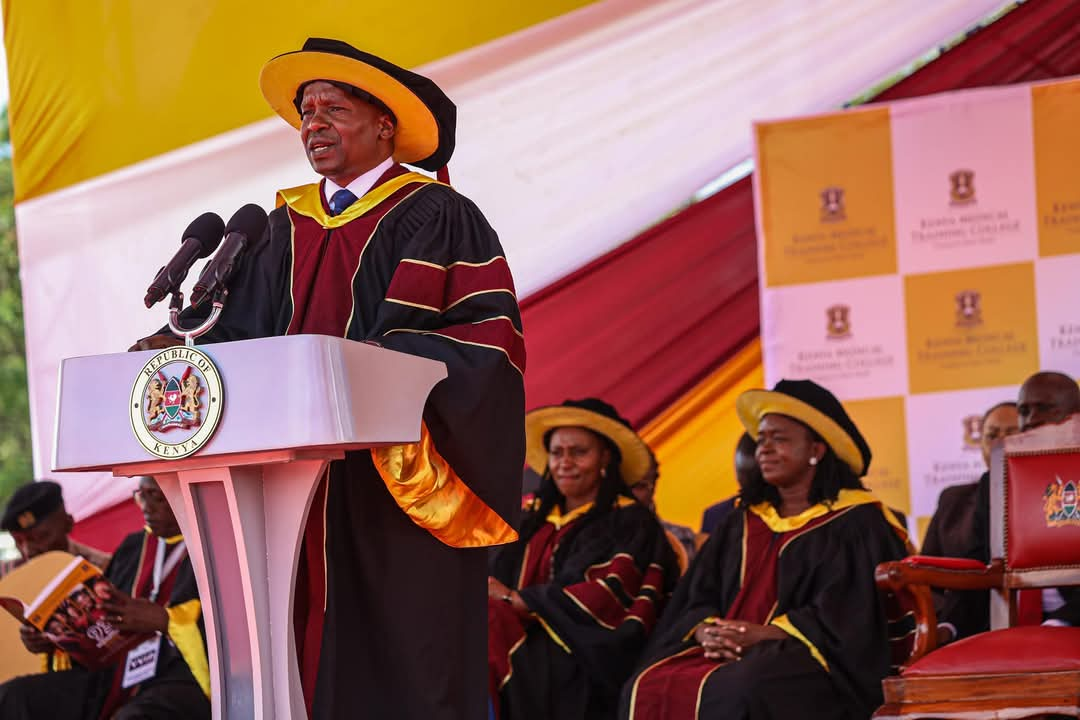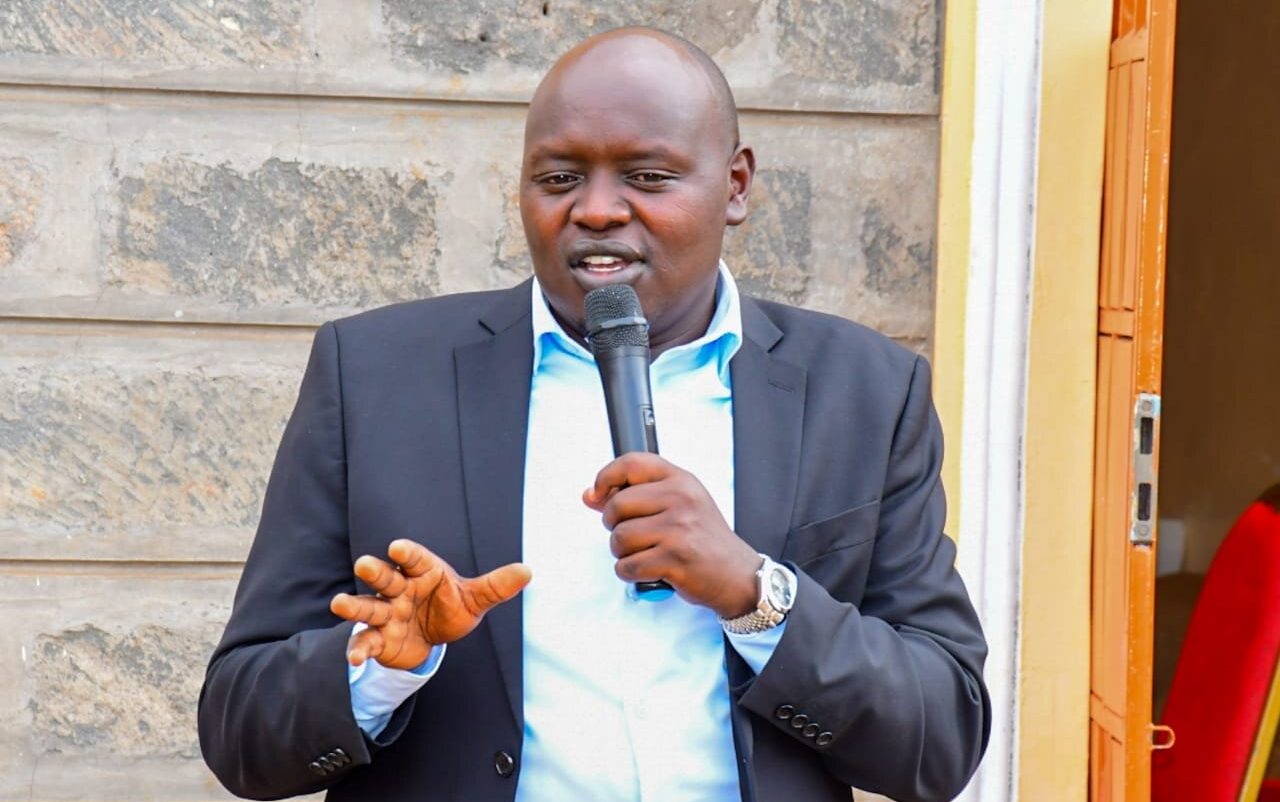Deputy President Kithure Kindiki underscored the importance of quality, affordable healthcare as a key driver of economic and social transformation during his address at the 93rd Kenya Medical Training College (KMTC) graduation ceremony on Thursday, December 5, 2024.
Speaking before a crowd of 21,261 graduands, their families, and health sector stakeholders at the Kasarani Sports Complex, Kindiki highlighted the government’s unwavering commitment to health reforms as part of the Bottom-Up Economic Transformation Agenda (BETA).
“Quality and affordable healthcare is the foundation for a dynamic, prosperous, and productive country,” Kindiki stated, reinforcing the administration’s commitment to making healthcare accessible for all Kenyans.
“The government is deliberate and unequivocal in its prioritisation of health reforms and interventions to address and increase accessibility, affordability, and availability of health services to all citizens,” he added.
Taifa Care
At the heart of Kindiki’s speech was the government’s drive to implement Taifa Care – originally known as the Social Health Insurance Fund (SHIF).


The transition to Taifa Care, according to the Deputy President, is a crucial step in achieving Universal Healthcare (UHC), which he described as one of the government’s most significant goals.
Despite the challenges that have surfaced during the implementation process, Kindiki reassured the audience that the teething issues are being resolved.
He also welcomed ideas and proposals for improving the roll-out of these transformative health reforms.
“The transition to Taifa Care is an integral part of our vision to deliver quality healthcare for all Kenyans,” he said, adding that the reform was a key pillar in the government’s broader strategy to transform the economy from the bottom up.
“All the teething challenges in the transition process are being resolved, and we welcome ideas and proposals to improve the roll-out and implementation of the transformative health reforms.”
Kindiki emphasized that the graduates emerging from institutions like KMTC are vital to achieving the vision of Universal Healthcare.
With over 21,000 new healthcare professionals joining the workforce, he reaffirmed the government’s commitment to creating employment opportunities for them both locally and internationally.
“The professionals in the medical field are vital to achieving the Universal Healthcare vision. We will continue to create opportunities for the market-ready graduands coming out of our healthcare institutions, but we are also exploring partnerships abroad for international labour mobility,” Kindiki noted.
The KMTC graduation ceremony was attended by a range of distinguished figures, including Cabinet Secretary for Health Deborah Barasa, Principal Secretary for Public Health Mary Muthoni, KMTC Board Chairman Joseah Cheruiyot, and KMTC CEO Kelly Oluoch, who all celebrated the milestones achieved by the institution.


Reflecting on the significance of the day, Barasa commended KMTC for its consistent contribution to the healthcare workforce, while also emphasizing the importance of supporting these new professionals through continued education, professional development, and training.










